Artists often cycle through phases of writer's block, where they feel like nothing moves from mind to ink to paper. This debilitating sentiment may extend for days or weeks (or longer for some poor souls). This is not necessarily the case for the large gap in blog posts and the recent struggles I have dealt with in recent music-making. Equally paralyzing are the almost infinite directions to take artistic vision. In my case, two roadblocks are associated with this issue. First, in the case of my blog posts, I forget to record my thoughts and they never seem to resurface. A good artist captures sparks of inspiration before smoldering into ash. Many musicians carry around a small staff pad or notebook for this reason or record musical ideas on their phone at whim. Second, I deal with the underlying, elevating, yet terrifying question is: "Why am I doing this and for what purpose does it serve?" I have already written on this concept before (from different angles), but it never ceases to bother me.
It seems that the majority of musicians believe that music's strength lies in that it communicates a message that is unique to each listener. Because music is inherently abstract, a listener engages with the art form through personal experience, learning, and culture. These influences pervade perception so deeply that, at times, a listener is shocked to discover how different one person's taste may be when compared to another's. As disparate parts of the globe meld into a global community, listeners experience parts of a rich and diverse tapestry densely woven of long histories and traditions. Without understanding these complex cultural currents, most listeners enter into the music with their own preconceptions. Can jazz be understood by Russians? Can raga be understood by Colombians? Can polka be understood by the Chinese? It appears that unfamiliar styles are appreciated and sometimes even loved by people, regardless of background! But does a lack of understanding the context weaken their musical experience? Or is there a greater message that they are missing because they do not know why the music exists in the first place?
I have something to say, but I am not saying it... yet (or perhaps it will, in the end, be closer to John Cage's determination to have nothing to say and to say it). To follow my own advice to record my thoughts, I may or may not write on the following topics over the next few months: 1.) Are there universals in music?, 2.) How does culture play a role in the formation of music?, 3.) How do composers deal with cultural associations, in both the Western tradition and in other popular/foreign musics?, 4.) How does a composer use music in a way that transcends the sounds themselves in a world where cultural associations are so varied and independently construed?, 5.) Why do I write music and what purpose does it serve for others? My thoughts will not be definitive, and I look forward to any dialogue that may come of them!

